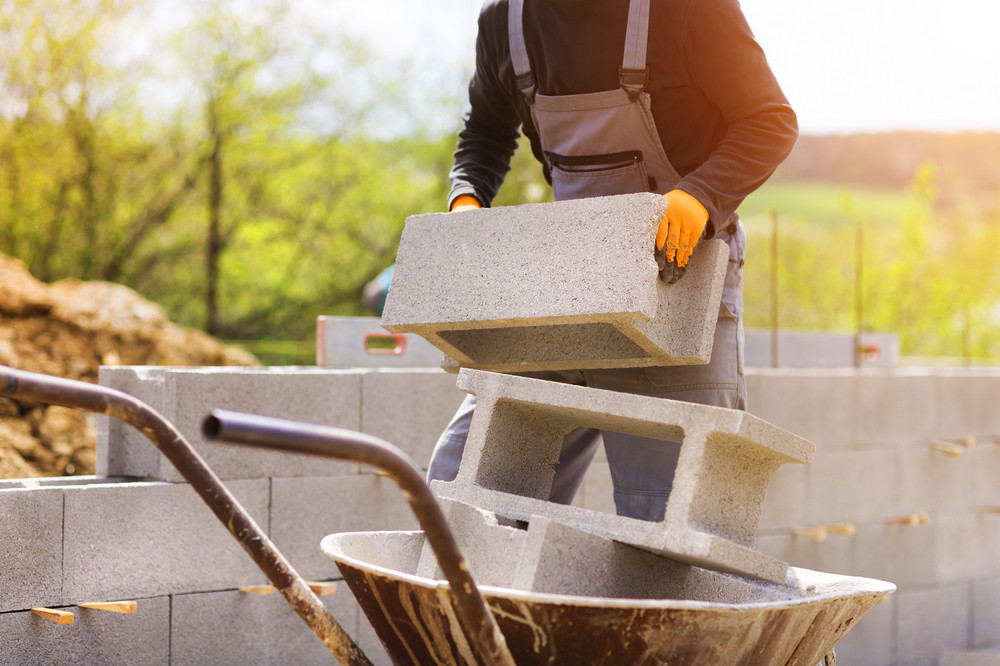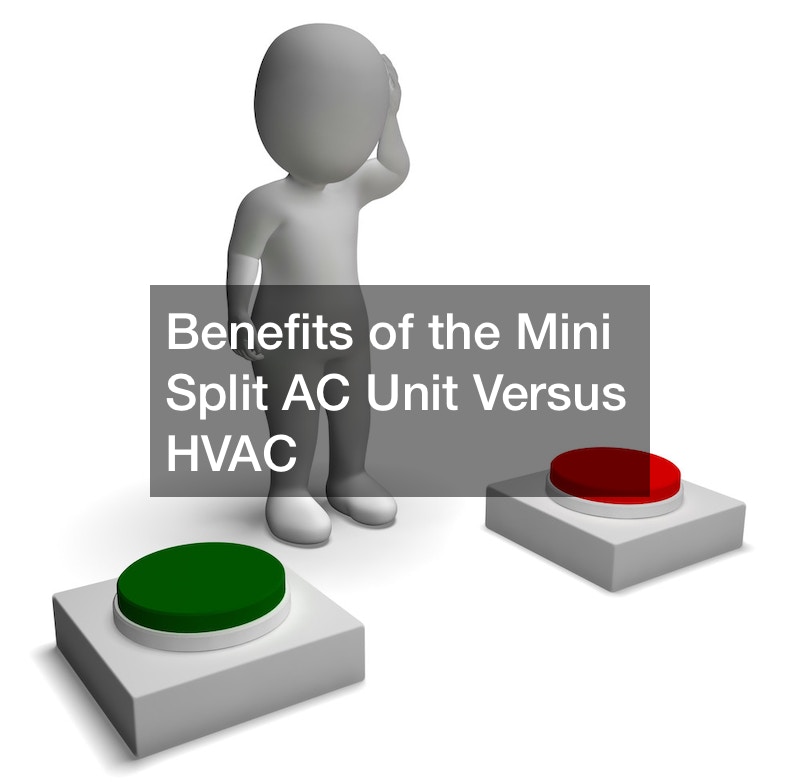

You may have decided to purchase a tankless water heater, or at least have been thinking about doing so. However, it?s possible you?ve heard conflicting information about whether or not this is a good choice. What are the benefits of a tankless water heater? Here?s a handy list to refer to when you need it.
- Benefits of a Tankless Water Heater
- The average tankless water heater produces two to five gallons of hot water a minute: this means that they never run out of hot water.
- A tankless water heater typically lasts five to 10 years longer than a typical tank heater.
- When you purchase a tankless water heater, it may come with a federal tax rebate (depending on the unit model).
- No energy wasted: tankless units only use the energy needed to heat the water you need right then.
- You won?t experience flooding due to a ruptured water heater tank (if you need plumbing services, it’ll be for something else!)
- In some cases, you could save as much as 20% on your water heating bill! This can lead to substantial savings over time, considering that water heating is typically 30% of the average home energy bill.
- On average, these units take up less space, giving more options for storage to homeowners.
- What are the Drawbacks, Then?
- You may need lag water to get your hot water running, which can lead to some water waste.
- If you get a gas powered unit, it will contribute to greenhouse gases.
- Cost varies, but some units can cost about three times as much as a traditional tank water heater.
- Gas units will need annual servicing, something traditional tanks don?t usually need.
- As a general contractor will advise, electric models will need more energy.
What’s the takeaway here? There’s no right answer. In many cases, a tankless water heater can help you to lower your utility bill. However, it does sometimes have a higher upfront cost, and it may require more maintenance than you’ve been used to with your more traditional model.
Ultimately, if you?re not sure which model is right for your home, you should contact local plumbing services and see what they advise for your specific home?s needs, and with your typical energy usage in mind.



